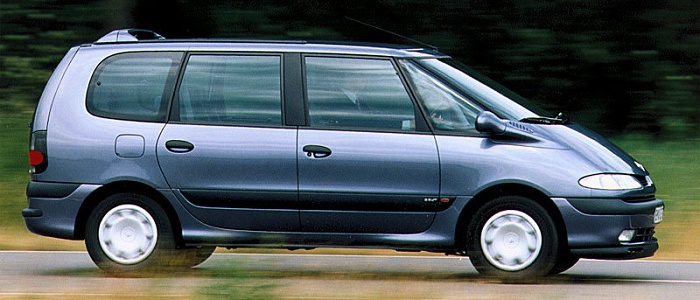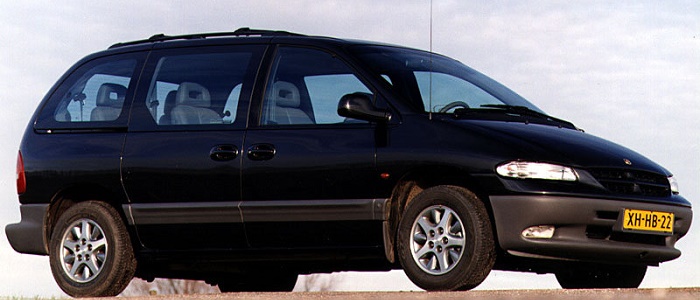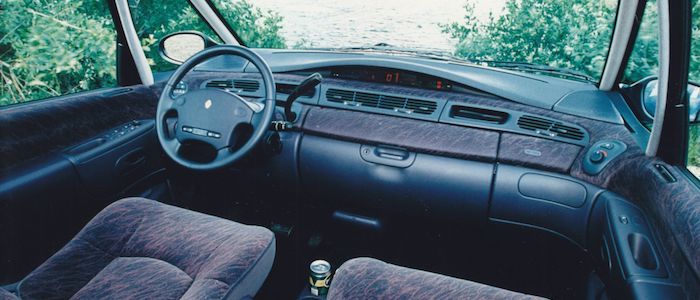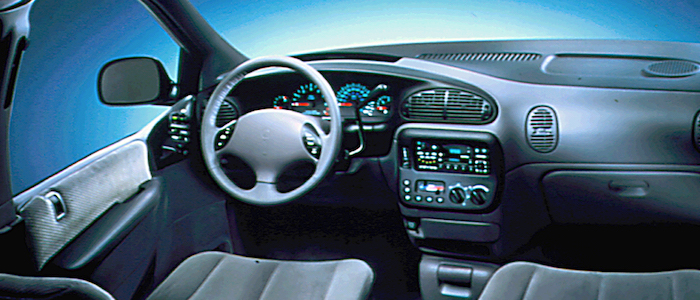Compare two cars
Compare any two cars and get our Virtual Adviser™ opinion
Marketing
Dimensons & Outlines
Engine
Performance (manual gearbox)
Performance (automatic gearbox)
Expenses
Virtual Adviser's™ opinion
Well, these are two pretty similar cars we have here! It's only details that could potentially make the difference. Considering they both belong to the mpv segment and utilize the same 5-door MPV body style and the front wheel drive system, it all comes up to the specific diesel engine choice they offer. The first one has a Renault-engineered powertrain under the hood, a 4-cylinder, 8-valves 98hp unit, while the other one gets its power and torque from a 4-cylinder, 8-valves 118hp engine designed by VM Motori.
SafetyThe first thing to look into here would be the results from European New Car Assessment Programme (Euro NCAP) tests performed on the two cars. Good thing is that both vehicles got tested, with the Renault displaying significantly better structural stability. Still, apart from the official crash test results there are other things we need to be aware of. Both vehicles belong to the mpv segment, which is generally a good thing safety-wise, still it doesn't help us solve our dilemma, does it? On the other hand, taking kerb weight as an important factor into account, the American car offers a considerable difference of 19% more metal.
ReliabilityI don't like generalizing things when it comes to reliability, although it does seem that Renault is significantly less fault-prone, when all the models are taken into account. That's the official data, while our visitors describe reliability of Renault with an average rating of 4.1, and models under the Chrysler badge with 4.4 out of 5. The same official information place Espace as average reliability-wise, and Voyager is more or less at the same level.Above it all, drivers of cars with the same engine as the French car rank it on average as 3.0, while the one under the competitor's bonnet gets 4.0 out of 5.
Performance & Fuel economyChrysler is undoubtly more agile, reaching 100km/h in 1.2 seconds less than its competitor. Still, it lacks the power to win the top speed competition, topping at 166 kilometers per hour, 1km/h less than the other car. When it comes to fuel economy an obvious choice would be the French car, averaging around 6.6 liters of fuel per 100 kilometers (43 mpg), in combined cycle. That's 39% difference compared to the American car!
Verdict
Renault appears just a bit more reliable, although the difference is truly marginal. The most important thing when deciding between any two vehicles should always be safety, both passive and active. In my opinion, everything taken into account, the French car offers significantly better overall protection, taking the lead here. From there things take a different direction, with Chrysler being considerably quicker, thus putting more smile on driver's face. It does come at a cost though, and that's the fuel consumption... All together, there's not much more to say, in this case I wouldn't even consider anything but Renault. Anyway, that's the most objective conclusion I could've came up with and it's based solely on the information found on this website. Aspects such as design, practicality, brand value and driving experience are there for you to measure them out. I suggest you spend two more minutes in order to find out which car, based on your needs and budget, would be picked by the virtual adviser™, among thousands of similar, yet so different vehicles.
































